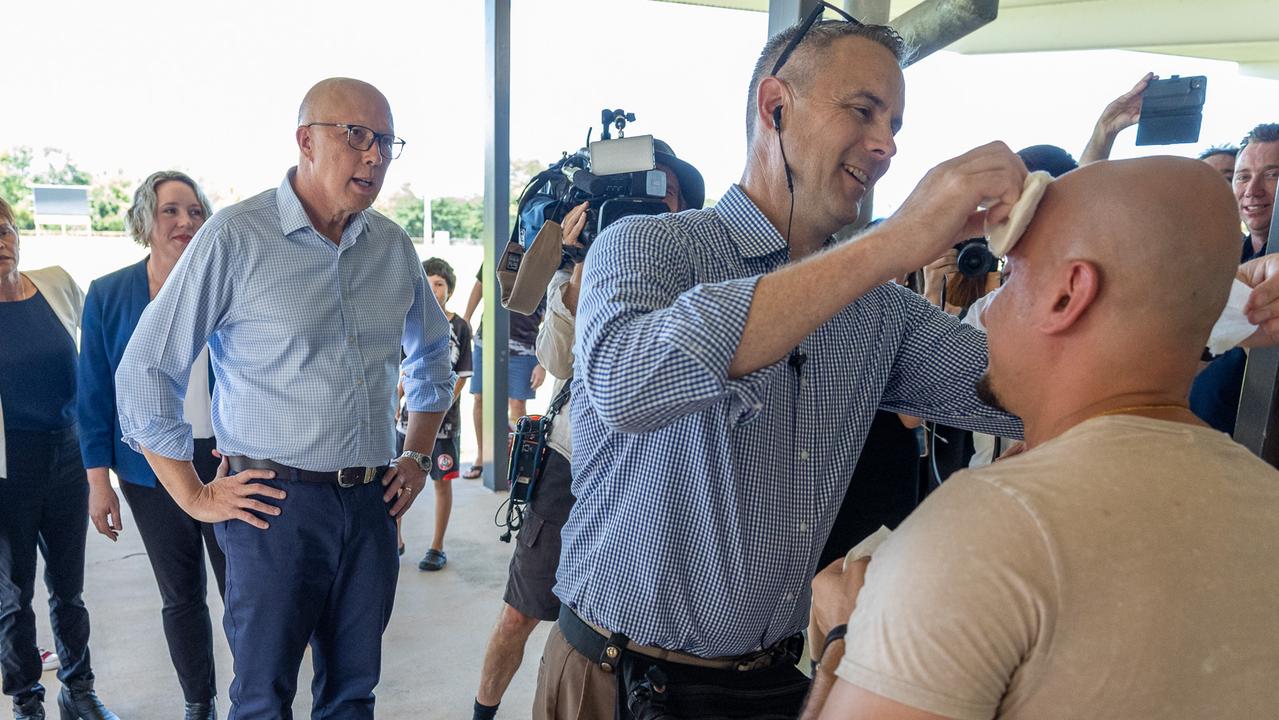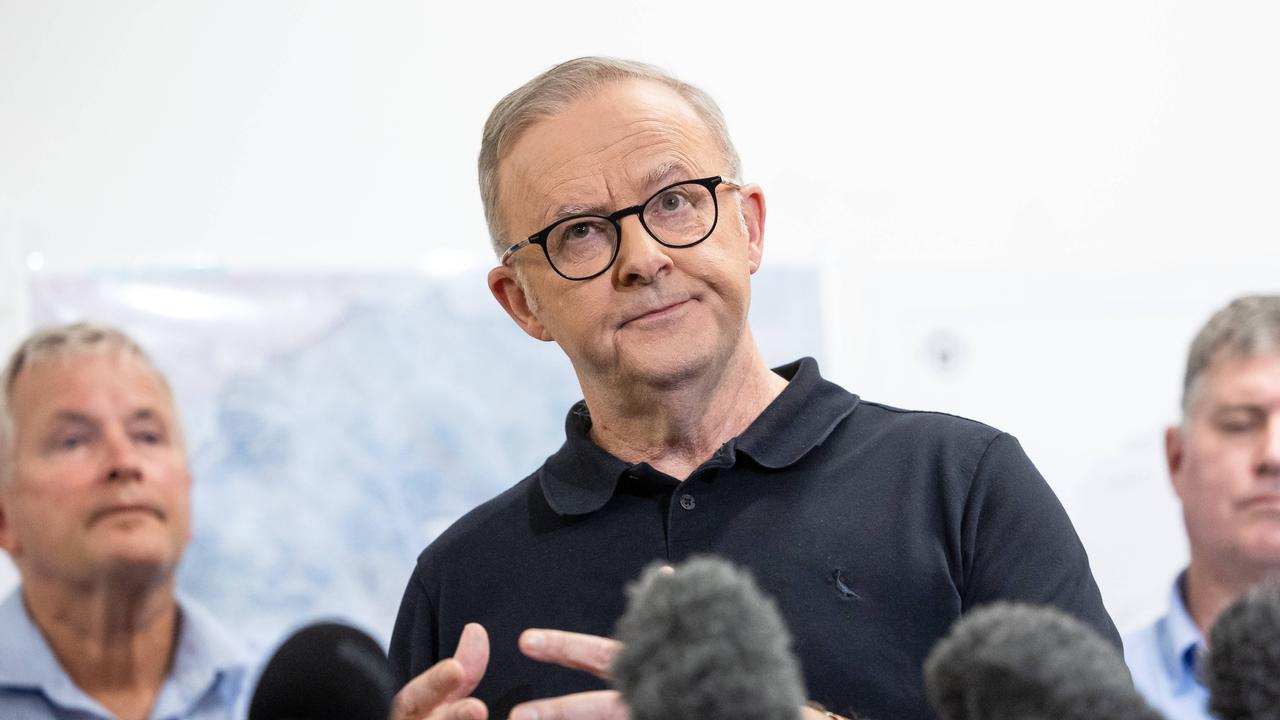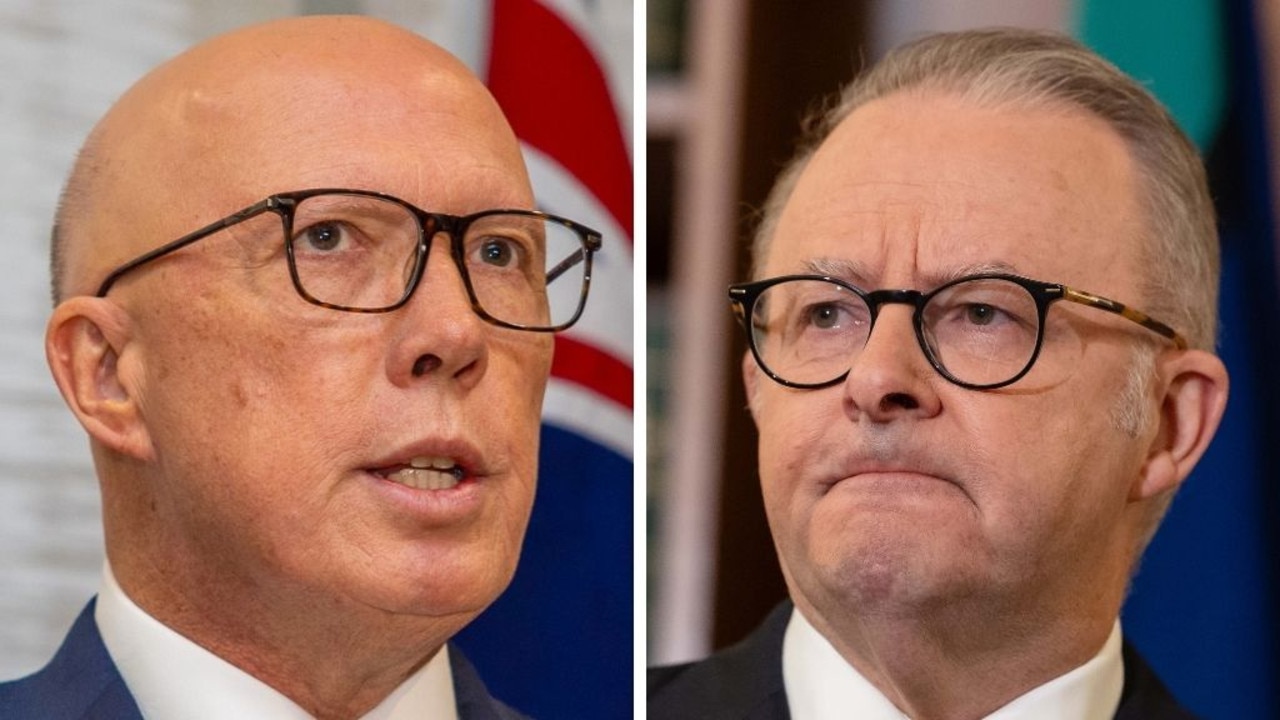‘Last resort’: Huge decision on handling criminals in one state
One state is making a major change to throwing criminals behind bars, in a move that is bound to trigger a national conversation.
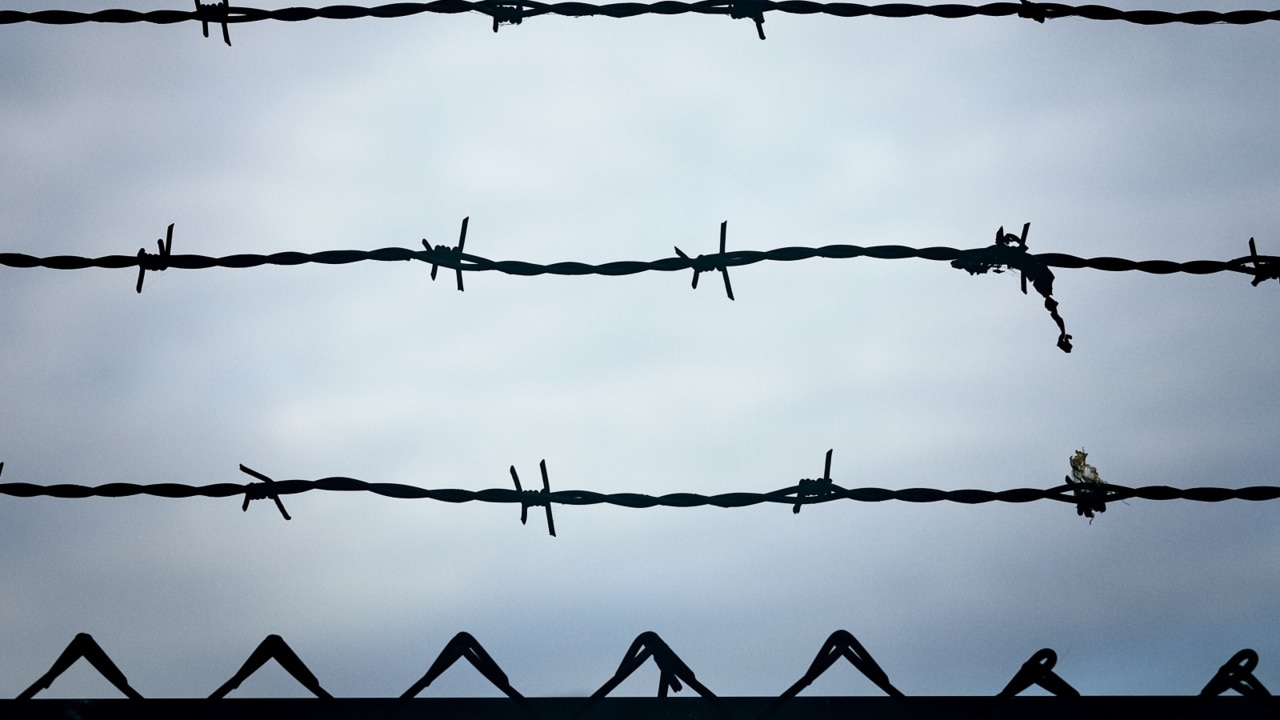
The minimum age of detention will be raised from 10 to 14 in Tasmania as part of the state government's reform of the Youth Justice System.
Children and Youth minister Roger Jaensch said the age increase was a key element to help build a best practice approach to young people in conflict with the law.
He said children's early exposure to the system could further traumatise them, increase their criminal networks and expose them to problem behaviours of older detainees.
“We know that detention does not support rehabilitation or reduce the likelihood of reoffending for younger children,” Mr Jaensch said.
“There will always be a need for secure detention as a last resort for a very small minority of young people who commit the most serious offences, and to ensure community safety.
“This change will help ensure that the detention of young people in Tasmania is truly a last resort.”
While Tasmania is raising the age of detention, it is not raising the age of criminal responsibility.
Like the Victorian government, it is calling on a federal consensus on the latter.
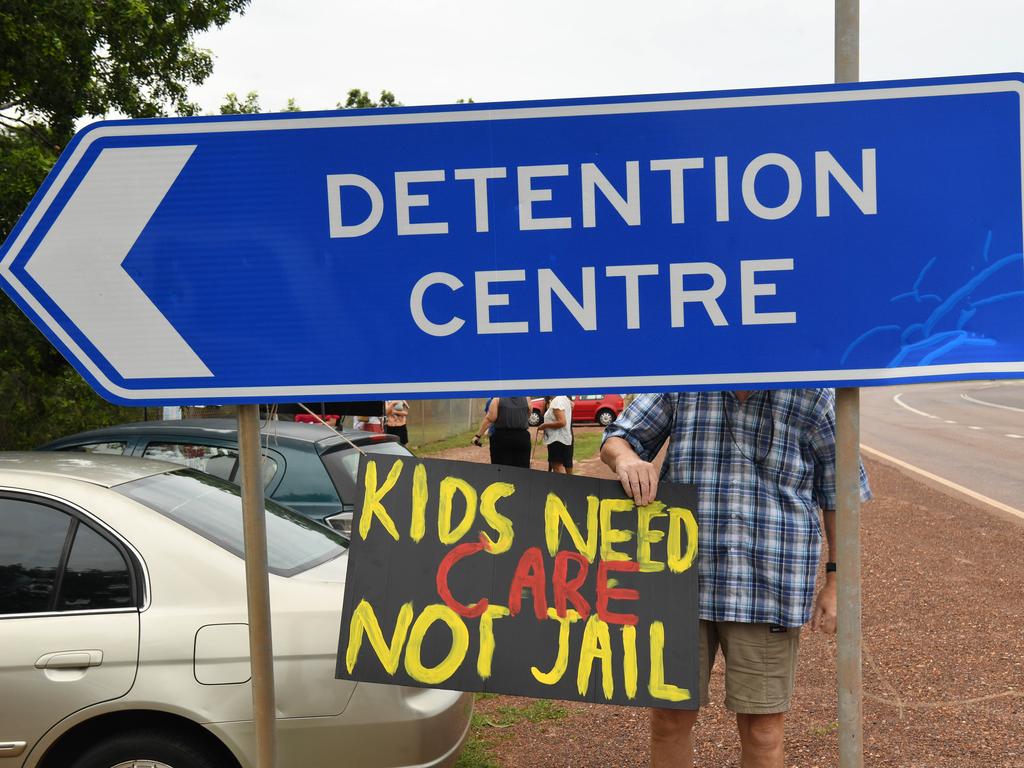
As part of the Youth Justice service system reform, the state government looks to have a greater focus on prevention and early intervention, add more options to divert young people away from the formal court system, and make available a wider range of community-based sentencing options to courts.
It also hopes to implement trauma informed or therapeutic interventions for high-risk young offenders.
Tasmania Police will still have powers to arrest, search, and hold young people as young as 10 years of age for criminal investigation purposes.
Amendments to the Youth Justice Act 1997 will need to be made in order for the changes to pass.
Mr Jaensch said it would happen when simultaneously with a suite of amendments would be made as part of the whole system reform.
He said it was estimated to happen near the end of 2024 under the government's Youth Justice Reform Transition Plan.
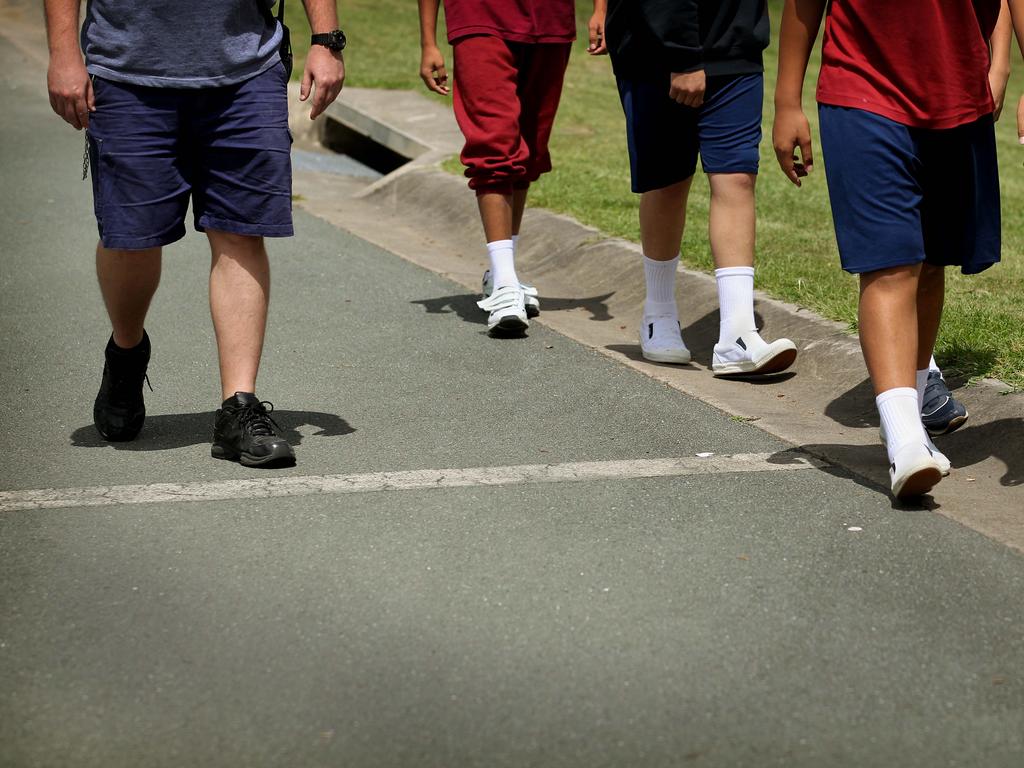
Australian Lawyers Alliance Tasmania president Rowena Macdonald said the plans did not go far enough to address the issues in the youth justice system.
She said raising the minimum detention age should only be the first step in a long-term strategy to phase out detention of children altogether.
“If a child under 18 needs to be detained they should be placed in a therapeutic setting that focuses on education and rehabilitation,” she said.
“Children in detention are at significant risk of being sexually, physically and psychologically abused.
“We urge the Government to be bold. We need to do what is right for Tasmanian children now and into the future.
“Tasmania has an opportunity to lead the way in transitioning from a punitive system to a restorative system that protects and rehabilitates young offenders.”
While Save the Children Australia welcomed the decision, the Tasmanian State Director David O’Sign said it didn’t fully address the issue and called for the age of criminal responsibility to also be raised to at least 14 years.
“Rather than putting these children through the court system in the first place, we must invest in early intervention and diversionary programs that better address their needs. It is heartening to see the Tasmanian government's commitment to these measures as part of a comprehensive reform of the state’s youth justice system,” he said.


